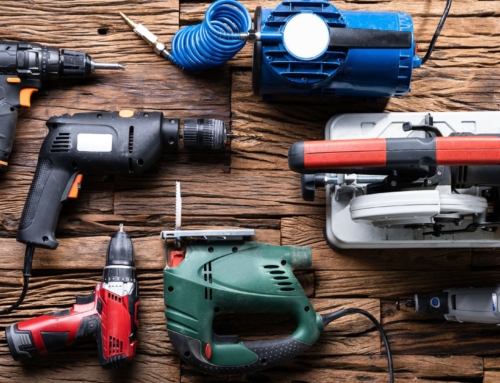
How Do You Know If You Might Need Mental Health Support?
There are several feelings and symptoms to indicate you could be suffering from mental health issues and need mental health support. These are listed on the NHS website and include feelings of stress, anxiety, fear and panic. Feelings of loneliness or even being angry can be symptoms as well.

What To Do If You Are Feeling Symptoms?
Talk To Someone

If you feel you’re struggling and need some mental health support, firstly, well done for recognising the symptoms and for exploring options of help.
More often than not, help is closer than you think. Try talking to someone you trust and who you would feel comfortable with to open up about what’s going on in your life. Many people choose to speak to a friend, family member or colleague but whoever you choose, make sure you are comfortable with them.
It might seem daunting at first to share your problems, but be assured that anyone who cares about you will want to help in anyway they can. Remember that they can’t help, if they don’t know what’s going on.
Self Referral For Mental Health Support

If you’d rather talk to someone you don’t know, or you feel you need some professional help, you can use self-referral to access talking therapies through a service called Improving Access to Psychological Therapies (IAPT). See the NHS psychological therapies service website which provides many options for Mental Health Support.
Speak To Your GP About Mental Health Support

An alternative to self referral is to speak to your GP who can discuss all of the options available to you and help you decide which best suits you. This could include referral to a therapist, psychiatrist and in some cases, medication.
Self-Help

On the NHS website is a wealth of tips, guides and tools to help support and improve your mental health. These include tips for improving your mood, finding support groups and offering coping mechanisms for situations that affect mental health.
Self Care
In our ever busy lives, we often just run out of time for ourselves. It is important to put yourself first in periods you are suffering with your mental health by making time for the things that matter most to you.
Taking part in exercise can provide a huge mental boost. Try taking a walk if going to the gym or taking part in an exercise class isn’t your thing. It actually doesn’t matter what exercise you do, however being active and enjoying movement can help tremendously.
You might prefer to listen to some music or to read a book – anything that you enjoy will help.
It could also be worth trying something new if you don’t already have a hobby. Maybe ask the friend, family member or colleague you confided in at the beginning to join you for some moral support.
If you feel like you are suffering and want mental health support and help, there is no need to suffer in silence. You aren’t alone.
Mental Health In The Construction Industry – You Are Not Alone
According to the white paper produced by On The Tools, 93% of UK tradespeople surveyed have been impacted by mental health. A staggering 73% of tradespeople surveyed reported either currently experiencing mental ill health or having dealt with it in the past.
The white paper also states that tradespeople in the UK are 25% more likely to experience mental ill health compared to workers in other industries.
If you do feel like you’re suffering from mental ill health, these figures prove that you are not alone! It’s more common than you think.
Construction Industry Specific Mental Health Support Organisations
There are some construction-based mental health support groups that have been identified in the white paper by On The Tools.
Andy’s Man Club
Andy’s Man Club was established by Elaine and Luke, Andy Roberts’ Mum and brother-in-law. It is a men's suicide prevention charity that aims to break the stigma surrounding men's mental health. This organisation offers free peer-to-peer support groups both in-person across the United Kingdom and online. By encouraging open and honest conversations, they are making a powerful impact in helping men navigate their mental health challenges.
Construction Sport
Construction Sport is a charitable organisation founded by seasoned construction professionals with a mission to enhance the well-being of construction workers. They believe that sport can be a powerful catalyst for change. Not only do people love watching and participating in sports, but they also recognise the numerous health advantages it offers. At Construction Sport, they aim to unite the industry and champion the transformative impact of sports on the construction industry. They believe driving a positive change will create a better future for everyone involved in construction.
Band of Builders
Band of Builders is a non-profit organisation that was formed in 2016 after tradespeople from across the UK came together to renovate the home of a friend battling terminal cancer. Inspired by this event, Band of Builders now undertakes projects throughout the UK, bringing skilled professionals together to make a positive impact in people's lives. Their guiding principle is "TogetherStronger."
Band of Builders organises an annual campaign to promote mental health support in the UK construction industry. They encourage workers and tradespeople to come together over a cuppa and discuss the topic during a builders' tea break. This initiative aims to remove the stigma surrounding mental health.
Help is on hand. Even if you don’t feel able to talk just yet, attend a group and begin by listening.
For more help with your mental health, visit the NHS website here.
If you feel you need urgent help, take a look at different options provided by the NHS here.







